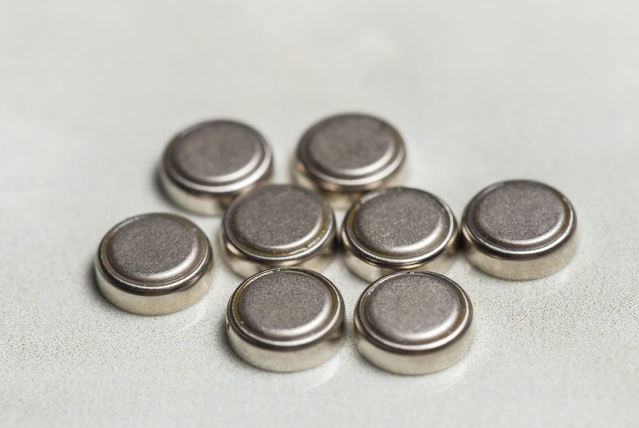Parents Reminded to Keep Button Batteries Out of Children’s Sight and Reach
The
toxics watchdog group reminded parents to keep button, cell or coin batteries
out of children’s reach to avoid poisoning incidents that can cause choking,
chemical burns or even death.
The group put out the reminder after a 3-year old boy accidentally pushed a
button battery into his nostrils as reported by GMA’s 24 Oras last June 30.
“Button batteries that are used for toys and other electronic products may pose
a health hazard to young children as they can accidentally put this tiny object
in the mouth, place it in the nose or push it in the ear,” said Thony Dizon,
Chemical Safety Campaigner, EcoWaste Coalition.
Button batteries are small round batteries found in common household, office
and health electronic products such as games and toys, pocket calculators, remote
controls, wrist watches, hair accessories, holiday decorations, hearing aids,
thermometers and other devices.
According to the American Academy of Pediatrics, “when it comes into contact
with body fluids, the battery generates a current that produces small amounts
of sodium hydroxide, which is lye. If the battery gets stuck somewhere in the
body, the lye burns a hole at that spot. Infection usually follows. The result
can be serious injury and illness, long-term disability, or even death.”
To protect children from falling ill or from being injured due to button
batteries, the EcoWaste Coalition advised parents to heed the following
poisoning prevention tips:
- Carefully read the product label and follow the safety instructions on battery use, storage and disposal.
- Ensure that button batteries in children’s products and household items are duly secured with a screw.
- Keep button batteries in their original packaging and store them in a childproof container.
- Ensure that button batteries, old or new, are kept out of children’s sight and reach.
- Do not allow children to handle and install button batteries and never let them play with them.
Data from the National Poison Management and Control Center (NPMCC) list button batteries as number six among the top 10 agents for pediatric poisoning cases in 2020.
To report any case of poisoning and to obtain advice, the public may call the NPMCC’s hotline number at 0966-7289904.
Reference:
https://www.youtube.com/watch?v=iGq5xnby5YI (from 19:30 to 22:15)






Comments